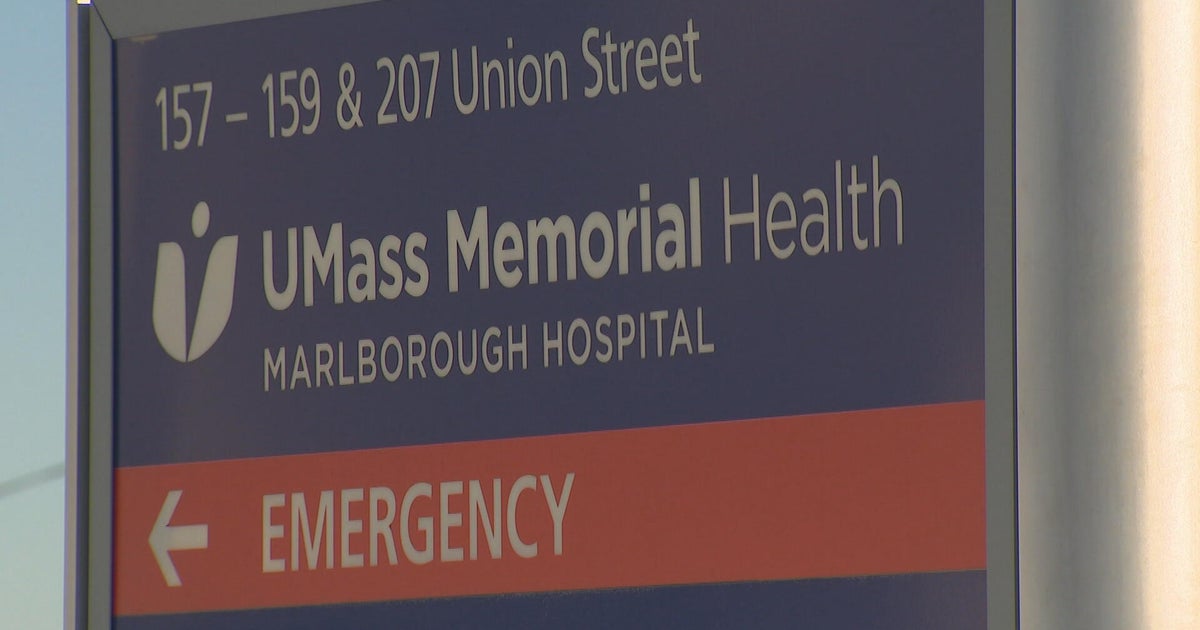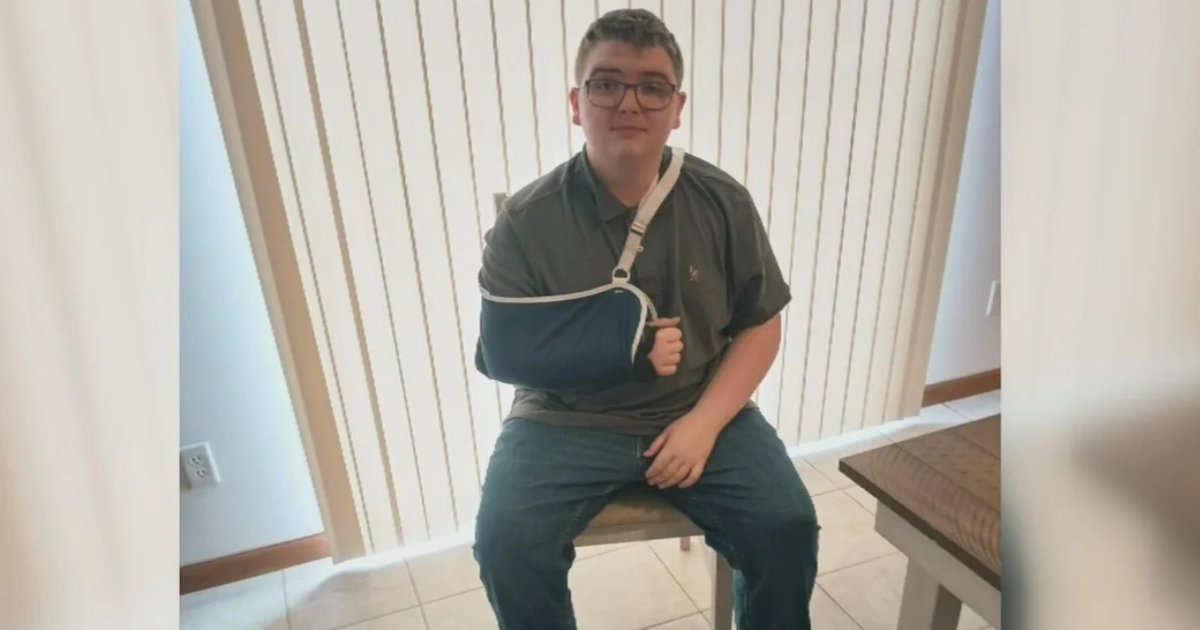Study: Major Acne Problem May Raise Suicide Risk
LONDON (AP) - People receiving treatment for severe acne may be at higher risk of attempting suicide, but that is probably caused by depression linked to the condition and not the drug, a new study says.
Swedish researchers at the Karolinska Institute studied data from nearly 6,000 people who were prescribed the drug isotretinoin between 1980 and 1989. Isotretinoin is sold under names including Accutane, Roaccutane, Clarus, Decutan and others. The medication has been commonly prescribed to treat serious acne since the 1980s.
The scientists said it was more probable that mental health problems linked to patients' severe acne explained the higher suicide risk rather than the drug treatment. They suspected patients whose acne improved after treatment might still be depressed if there were no major improvements in their social lives.
The scientists compared the patient information to hospital discharge records and death registers from 1980 to 2001. According to the records, 128 of the people surveyed were admitted to a hospital after a suicide attempt.
"Severe acne is not a trivial condition," wrote Anders Sundstrom and colleagues. "It is associated with an increased risk of attempted suicide."
Experts found the number of suicide attempts increased between about one and three years before the start of the treatment, though that increase was not statistically significant. The highest risk compared with the general population appeared to be within six months of the start of treatment. Treatment typically lasted several months, with some patients needing repeated therapy, the report said.
Sundstrom and colleagues emphasized that acne-related suicide attempts were rare: there was about one additional suicide attempt compared with the general population for every 2,300 people taking the acne drug.
"All patients with acne of a severity for which isotretinoin is (needed) should have psychosocial factors and suicidal intent monitored," wrote Parker Magin and John Sullivan of the University of Newcastle and University of New South Wales in Australia, in an accompanying commentary.
"Given the extended period of risk, families of patients may also have a role in this monitoring."
The study was paid for by the Swedish Research Council and was published Friday in the medical journal BMJ.
- By Maria Cheng, AP Medical Writer
(© Copyright 2010 The Associated Press. All Rights Reserved. This material may not be published, broadcast, rewritten or redistributed.)







